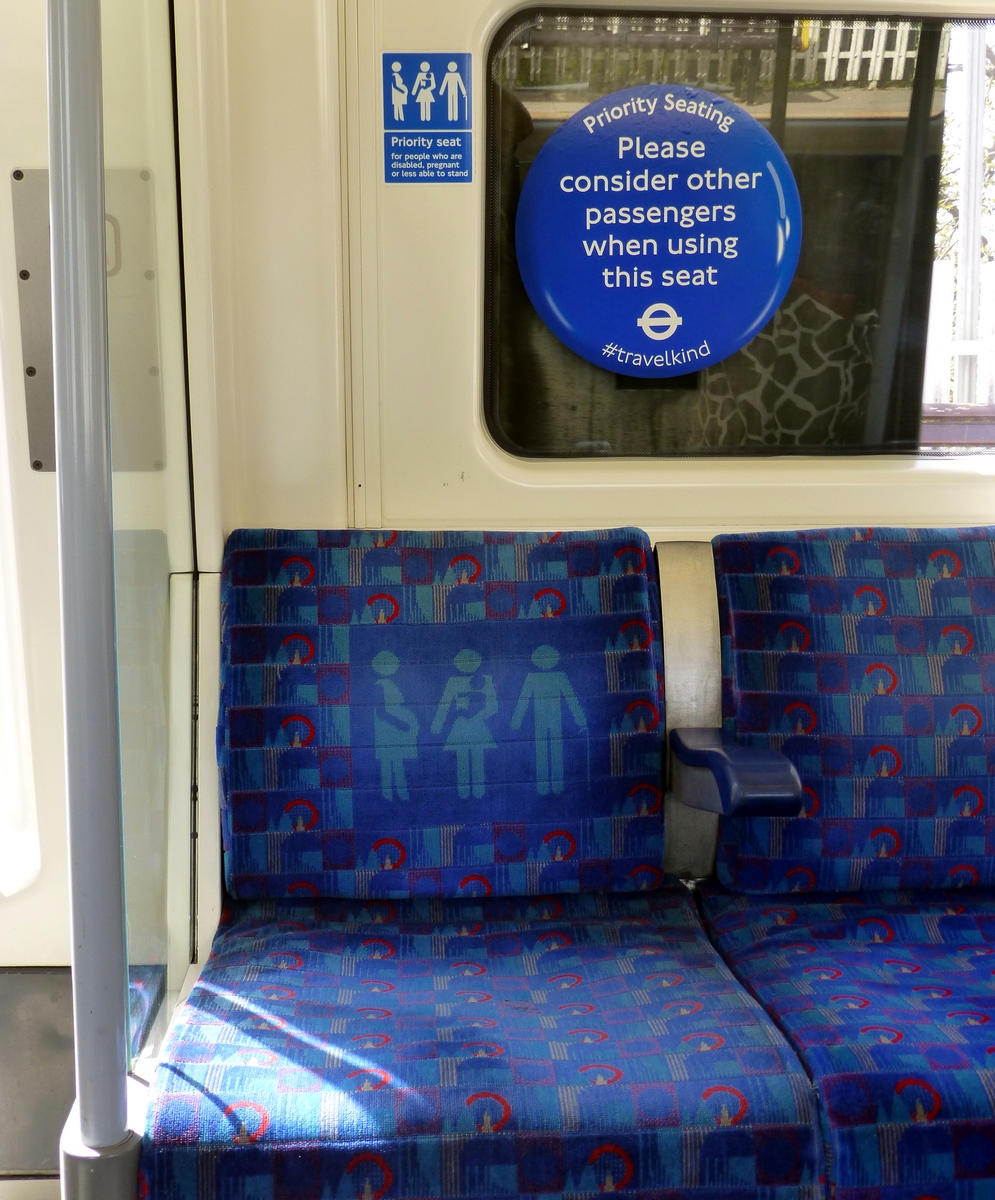Relocating to London in 2024? Understanding the city's cost of living is essential.
This article serves as a factual and straightforward guide to help you navigate its economic landscape, offering clear insights on cost of living, in an era when cost of living is increasingly dominating the headlines.
We'll delve into the specifics of day-to-day expenses in London, covering key aspects such as housing, utilities, transportation, and healthcare. This guide aims to equip you with the fundamental information to make informed decisions about your budget and lifestyle as you transition to your new home, but we strongly advise you to explore other services, like cost-of-living calculators and realtors, to gain a more thorough understanding before you move.
Whether you are finalising your relocation plans or just starting to explore the possibility of moving to London, this article is designed to provide a clear picture of the cost of living in 2024, ensuring you can keep those expat relocation costs low.
1. Utilities
Electricity and Gas
This depends on the size and energy efficiency of your home, whether you’re moving with your family, and your usage habits. However, a broad estimate for a typical two-bedroom flat with moderate usage is around £80-£100 per month. If you’re moving with a family of four, which is quite typical, expect this to be £250+ a month. Note that U.K. electricity and gas prices currently operate under a price cap, which you can learn more about on the regulator’s website (OFGEM). Be aware that the energy market has experienced rapid inflation since the beginning of the cost-of-living crisis.
Water
Thames Water is the sole supplier in London, with the average monthly bill for a four-person home being between £40-£60.
Internet and Phone
Providers such as Sky and Virgin offer comprehensive telecoms packages including TV, phone, internet and other extras. Like electricity and gas, internet costs vary depending on the provider, package speed, and contract terms. Budget for around £30-£50 per month for a basic broadband plan. If you want to include a mobile phone and TV plan on top, this will likely add £10-£20 to the price.
2. Housing
Renting
London's rents vary significantly depending on location, size, and amenities. On average, expect to pay around £1,456 for a 1-bedroom flat, £1,800 for a studio, and £2,400 for a 2-bedroom flat (excluding utilities). Central London commands a premium, with areas like Westminster boasting average 1-bedroom rents exceeding £2,000. Venturing southwards to neighbourhoods like Brixton or Croydon can offer more budget-friendly options, with similar flats averaging around £1,200.
Popular online platforms like Rightmove and Zoopla excellent starting points for your property hunt. Leverage their user-friendly interfaces and filtering options to narrow down your search based on your budget, desired location, and preferred property features.
It’s also worth checking out the rules regarding tenancy agreement on the U.K. government website here.
Buying?
The average house price in London currently sits at £967,989 for a 3-bedroom property. However, remember that location, property condition, and type significantly impact the price tag. Be prepared for significant variations, particularly when comparing Victorian terraces in Notting Hill to modern apartments in Canary Wharf.
Generally speaking, North London, particularly Enfield and Barnet offer a "leafy green suburban" feeling, while property closer to the City of London (the "centre" of London) commands a high premium for location. Similarly, much like elsewhere, proximity to a local London Underground or Overground station will inflate the price significantly.
Generally speaking, North London, particularly Enfield and Barnet offer a "leafy green suburban" feeling, while property closer to the City of London (the "centre" of London) commands a high premium for location. Similarly, much like elsewhere, proximity to a local London Underground or Overground station will inflate the price significantly.
Read more about whether you should rent or buy in London here.


3. Transportation
Tube Fares
Expect to pay around £2-£4 for a single journey within Zone 1, the central core of London, and more for longer journeys across different zones.
If you’re going to live in suburban London and commute into the centre following your relocation, season tickets are around £2,400. Price controls mean these prices haven’t changed enormously over the past 3-4 years. You can find more information on Transport for London’s (TFL) website here.
Bus Fares
London has one of the best connected and most extensive bus networks of any major city on earth. Buses therefore offer a flexible and affordable way to get around, especially for shorter trips. A single bus journey within London costs £1.55.
Vehicles
This is obviously a more significant investment. New cars can range anywhere from £12,000 for budget to £40,000+ for luxury vehicles. The used market offers a similar range, from £8,000-£25,000+ for similar price-pointed new vehicles. It’s worth remembering that the cost-of-living crisis/inflation has hit the used vehicle market particularly hard.
The U.K. also has an expensive taxation regime, particularly on older diesel vehicles as well as comparatively high fuel costs (compared to outside of Western Europe). You can find more up to date information on the cost of actually running a car in London here, on TFL's website.
If you’d like to relocate the vehicle you’re currently using, it’s also worth bearing in mind that Crown provide international vehicle relocation services.
4. Food and Groceries
Supermarkets
Major supermarkets like Tesco, Sainsbury's, and Morrisons offer a wide range of groceries at competitive prices. Expect to spend around £50-£70 per week for a single person, £80-£120 for a couple on basic groceries and £150 for a family of four. Once again, groceries have experienced significant inflation over the past few years.
Farmer's Markets
London's farmer's markets are a good location for seasonal produce and artisan goods. Be prepared to pay slightly more than supermarket prices, but the quality and variety is often superior.
Eating out
London offers a wide range of culinary experiences for dining out, with Indian cuisine being among the most popular. Budget options like pubs can sit at around £20 per person and are very popular with locals, while independent bistros and restaurants will generally be around £30-£40 for one main dish plus one side.
Michelin-starred and other luxury dining experiences will naturally be significantly more expensive.
Michelin-starred and other luxury dining experiences will naturally be significantly more expensive.
5. Healthcare
Accessing healthcare in London as a non-U.K. citizen involves navigating different options and potential costs compared to U.K. residents.
The NHS Surcharge
Non-UK citizens, except those from certain countries with reciprocal agreements, must pay an annual Immigration Health Surcharge (IHS) to access the NHS.
As of January 2024, the IHS surcharge is £624 per year for immigration applicants. It is mandatory for anyone holding a visa that requires it for longer than six months.
Private cover
Your employer may well have provided you with private coverage when you move to London. Ensure you explore the conditions, any excess charges, and the sort of coverage this plan provides before you move. Out of pocket private cover in the U.K. varies significantly depending on the provider and the scale of the plan and the provider, although a typical family plan will likely hover at around £140 a month.
Further tips
- Securing a mortgage in the UK requires careful research and planning. Familiarize yourself with available mortgage options, minimum deposit requirements, and income verification processes.
- Factor in additional expenses like conveyancing fees and stamp duty.
- Track your spending in your current location to understand your baseline expenses and adjust for cost-of-living differences in London.
- Explore travelcard options and compare them to pay-as-you-go fares to find the most economical way to get around. If driving, factor in fuel costs and possible congestion charges.
- Research UK mobile phone plans and consider prepaid options if you're unsure of your long-term stay.